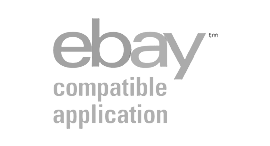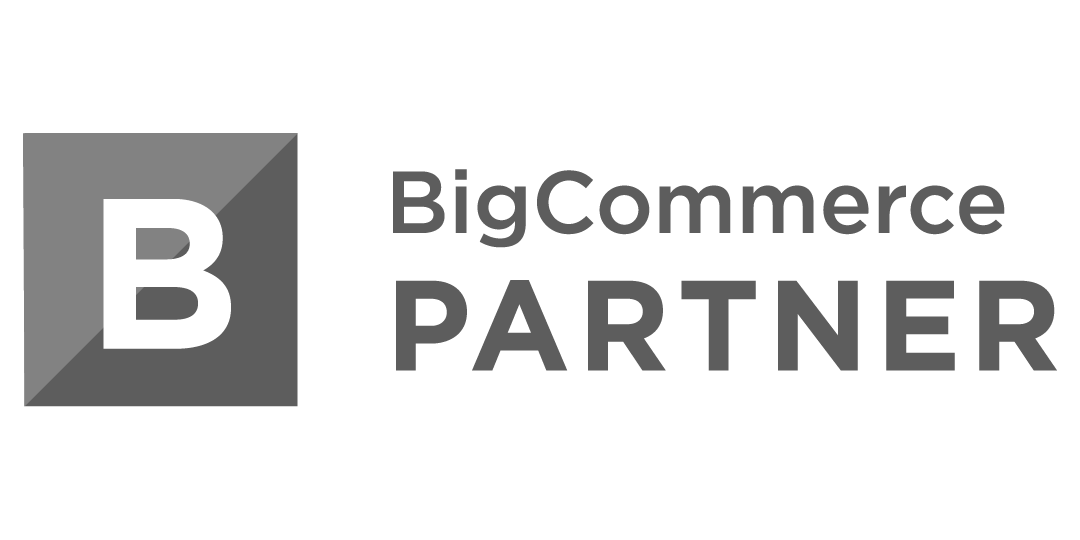(This post was last published on May 10, 2017. It has been updated for accuracy and completeness.)
As an online merchant, your band must stand out as you face tough, fast-moving competition. To stay ahead, your business must use the right technology to power optimal customer experiences. This probably lead you to choose leading eCommerce platform Shopify/Shopify Plus in the first place. While your business is built around this platform, it’s not the only platform that can help you grow.
What about your back office operations? How do you ensure you remain efficient as possible as order volumes increase and your fulfillment processes mature? At this point, you should consider using a robust backend system like an ERP alongside your eCommerce platform. This guide walks you through what an ERP system is and how to choose the best Shopify-ERP solution for your business.
What is an ERP System and Why Do You Need One?
Your business is booming! Great! However, how are you going to manage the new influx of orders? What if you want to add a new sales channel or improve current shipping processes?
As your business matures, you’ll need to add new technology alongside your eCommerce platform to maintain efficiency. That’s why many Shopify and Shopify Plus users turn to Enterprise Resource Planning (ERP) systems to manage their back office operations.
What is an ERP? Enterprise Resource Planning (ERP) systems have been around since the 1990s. They are a comprehensive software that helps a business run more efficiently and effectively, by automating core process like:
- Financial tracking
- Order management
- Inventory management
- Pick, pack, and ship
- Lightweight manufacturing needs
Today, the global ERP software market is projected to reach $78.40 billion by 2026. More merchants are adopting ERP software for greater transparency and operational efficiency. They also want to make data-driven decisions. You can only do that with accurate data across your organization at your fingertips. This means you need a central place like an ERP to house data from multiple departments. An ERP quickly becomes the “hub” that runs the main functions of your online business.
Accounting vs ERP Software
It’s common to confuse ERPs with accounting systems. While some of the functionality may overlap, ERPs are more sophisticated software. Accounting software like Quickbooks and Xero cover a specific area like accounts receivable and payable, banking, financial reporting, and some revenue tracking. An ERP, on the other hand, covers accounting plus other areas mentioned above. It’s not uncommon for businesses to start with accounting software then move to an ERP, or use accounting software alongside their ERP.
When Should a Shopify User Adopt an ERP?
Any Shopify/Shopify Plus merchant with high-volume data or complex back office processes can benefit from an ERP. Here’s telltale signs that you should consider one:
- Significant and sustained increase in order volume
- Delays in financial reporting
- Shipping products late or wrong due to volume
- Managing multiple suppliers
- Large or complex product catalogs
- Managing multiple B2B customer relationships
- Low employee productivity due to manual tasks
How to Pick an ERP System
Look at your operations and processes today. What are your biggest pain points? Are you piecing together a handful of basic apps that a single system could replace?
Here are some factors to consider when choosing an ERP system:
- Expected order volume
- Complexity of how you fulfill orders. Do you use multiple drop shippers or suppliers?
- What’s the biggest issue you need your ERP to fix? Is it order fulfillment, inventory management, or financial reporting?
- Do you sell on multiple sales channels like Shopify, marketplaces, and physical stores?
- Total cost of ownership
- How will your ERP integrate with Shopify or other systems like 3PLs or POS systems?
- How easy is the software to learn? Older ERP systems are notorious for their clunky interfaces.
These factors are just a start to what you should consider when evaluating ERP systems. You can learn more about ERP evaluation here.
Keeping those factors in mind, here’s a list of popular ERP systems used by online merchants:
You should note that a single ERP provider can come in many flavors. For example, Sage ERP provides multiple products like Sage 100, Sage X3, Sage 300, and Sage 500, which all provide different functionality.
Shopify-ERP Integration Solutions
A vital factor when looking at an ERP system is whether it integrates well with Shopify/Shoify Plus. If it doesn’t, then you could be limiting your business.
While you can forgo integration, you’ll be stuck with manually moving data back and forth between your eCommerce and ERP systems. Staff will have to hand-key online orders, inventory counts, item updates, and customer data. This takes a lot of processing time and is prone to human error.
Integration can automate these processes. This saves time and resources, while making your business more efficient. You won’t have to worry about mistyping a customer’s address that leads to a missed delivery.
When evaluating an ERP’s integration capabilities, you need to know how your ERP sends and receives data, or how it will “talk” with another system. If your system doesn’t connect easily to other systems, it will limit what processes you can automate between it and Shopify.
In general, a cloud-based ERP with an open and well-documented API will be easier to integrate. The “code” of your ERP system will be more accessible, making it easier to communicate data with any other system including Shopify/Shopify Plus. Cloud ERPs can also can be more affordable options for small to medium-sized businesses. Just like cloud-based Shopify, they provide reduced IT infrastructure costs, lower upfront investment, and pay-per-use pricing models. The modular-nature of ERPs allows users to pick and choose the capabilities they need. When you’re ready, you can add more functionality later.
Choosing a Shopify-ERP Solution
You can see how choosing and ERP for your Shopify store is not an easy task. There are many factors to consider when evaluating an ERP, especially how it integrate your eCommerce platform. The integration solution that is best for you depends on your business needs.
Keep reading more Shopify and ERP resources:
- What is a Cloud ERP System?
- What is ERP integration for Retail?
- 3 Ways to Integrate Shopify and NetSuite ERP
- Integration Solutions for Shopify and an ERP







i was searching ERP solutions. I got here. Thank you for good info.